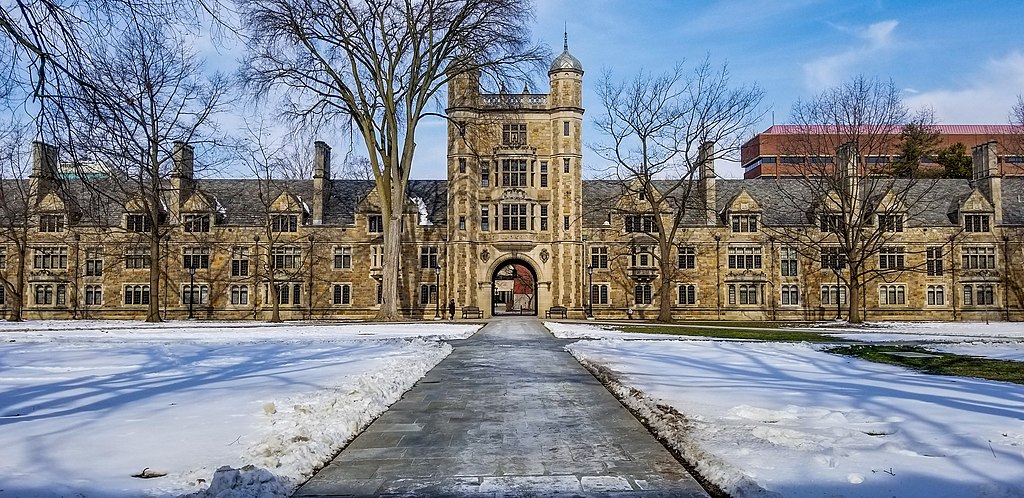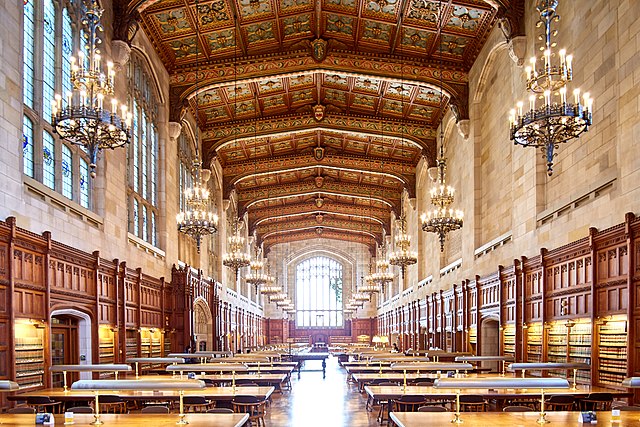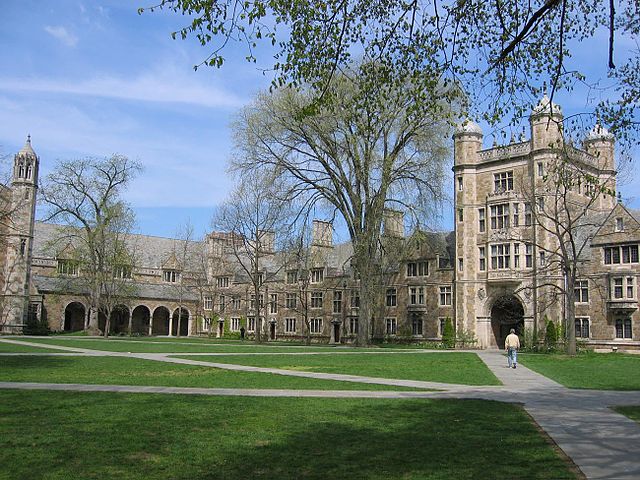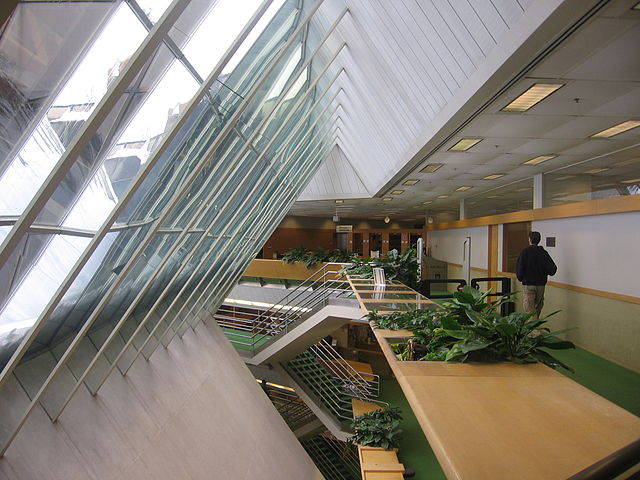
Thammasat University students interested in law, economics, international relations, political science, history, diplomacy, and related subjects may find it useful to participate in a free 10 March Zoom webinar, The Institutions of Exceptions.
The event, on Friday, 10 March 2023 at 8pm Bangkok time, is presented by the Lauterpacht Centre for International Law, the University of Cambridge, the United Kingdom.
The TU Library collection includes several books about different aspects of international economic law.
The event webpage explains:
Lecture summary: International economic law binds the state in relation to markets – most prominently with respect to cross-border trade in goods and services (trade) and the cross-border flow of capital (investment). The core tension to be managed in treaty design involves the balance between economic disciplines and the sovereign’s reserved regulatory authority – between liberalization and policy space. The trade regime has been fairly successful in striking this balance, while the investment regime has been less so. As a result, a natural tendency among reformers has been to look to trade for lessons and solutions to the challenges of investment treaties. This lecture considers why mechanisms that have worked in the former context have proven unworkable in the latter, and what that means for design going forward.
Both the trade and investment regimes preserve policy space through a process of justification at the dispute settlement stage. Policy justification is built into most trade agreements (and some investment treaties) through formal exceptions clauses. Even in the absence of such clauses, exceptions-style justification has informally penetrated both regimes through adjudicative reasoning and borrowing. This “exceptions paradigm” of justification has worked well in trade treaties, where it has been especially key to securing a workable balance in the WTO/GATT context – in a coherent way, on which actors can plan ex ante. But, where tried, the exceptions paradigm has not worked out in the investment regime. I argue that the difference lies in the institutions within which trade and investment rules and exceptions are embedded. This lecture compares the trade and investment regimes across three institutional nodes: (1) the nature of the right of action (public vs private); (2) the degree of judicial centralization (court system vs ad hoc arbitration); and (3) the available remedies (prospective injunctive relief vs retrospective damages). I suggest that it is trade law’s public-oriented institutions that have made the exceptions clause workable – not the other way around. By contrast, investment law’s private-oriented institutions make that system particularly inhospitable to exceptions-style justification.
The speaker will be Professor Julian Arato who teaches at the University of Michigan Law School, the United States of America. Professor Arato has published research on public international law, international economic law, and private law.
Students are invited to register at this link:
https://zoom.us/webinar/register/WN_F5do4V8GSqyJFZraINxs5A

Among recent publications by Professor Arato is Treaty Interpretation and Constitutional Transformation: Informal Change in International Organizations in The Yale Journal of International Law. The article’s abstract follows:
This Article presents an argument about the constitutional transformation of international organizations through the judicial interpretation of their constituent instruments. The organizations at issue are public institutions, established by international agreement and charged with the exercise of transnational governmental power. They are, on one view, essentially treaty-based organizations that derive authority from the consent of the Parties. At the same time, these organizations must be understood as constitutional bodies, constituted with substantial delegated powers and varying degrees of independence vis-a-vis their constituent Member States. Some have developed the capacity to evolve over time, informally and autonomously. I argue that the judicial organs of certain organizations have transformed their material constitutions by engaging in particularly liberal approaches to the interpretation of their constituent instruments. The analysis focuses on one particular technique of interpretation: the doctrine of interpretation on basis of the subsequent practice of the States Parties. I trace the use of this doctrine by three judicial bodies: the World Trade Organization Appellate Body, the International Court of Justice (ICI), and the European Court of Human Rights (ECtHR). The first organ represents a control, implementing a strict approach to subsequent practice. By contrast, I suggest that the ICJ and ECtHR have each adopted radically expansive approaches to subsequent practice, with the effect of transforming the powers and autonomy of the organizations to which they belong.

The Introduction begins:
Like all constituted bodies of government, international organizations change over time-sometimes in profound and unexpected ways. Besides developing through the obvious mechanism of formal amendment by the constituent member states, these governance bodies can and do undergo a more autonomous kind of constitutional development-what might be called informal constitutional change or transformation. This type of quiet evolution may occur on different levels-including the reordering of the organization’s internal architecture in terms of the relative competences of its various organs, as well as the development of the powers of the organization as a whole vis-a-vis the states parties. Unlike formal amendment, which occurs through the express decision of the member states according to a certain procedure, informal transformation occurs more subtly, through the practice of the organization. Although the latter mode of change may attract less attention than the former, the degree of change involved can be just as dramatic. This Article is about one particular mode of informal change: the transformation of an organization through the practice of its judicial organ in the interpretation of its constituent instrument-in other words, transformation through constitutional interpretation. Not all international organizations include judicial organs, and not all judicial organs are constituted in the same way. Different institutions have been delegated different powers and different kinds of jurisdiction. Their judges are chosen through widely varying procedures, and entertain very different interpretive outlooks. Yet in the abstract the basic fact remains clear: where they are established, such international courts and tribunals tend to contribute substantially to the development of their larger organizations. Through the interpretation of the formal terms of their constituent instruments, these constituted judicial bodies have proven capable of transforming the material constitutions of the organizations to which they belong. The focus here will be on international organizations established by treaty, charged with the exercise of certain elements of governmental authority over the states parties-and specifically those with judicial organs. My goal is to expose the transformative potential and effect of certain of these bodies’ interpretive practices when engaged in the interpretation of their own constituent instruments. This Article is thus as much about treaty interpretation as it is about constitutional transformation. Under the general law of treaties, all interpretation is supposed to proceed according to a set of positive legal rules, codified in general international law and external to any particular organization.
(All images courtesy of Wikimedia Commons)

